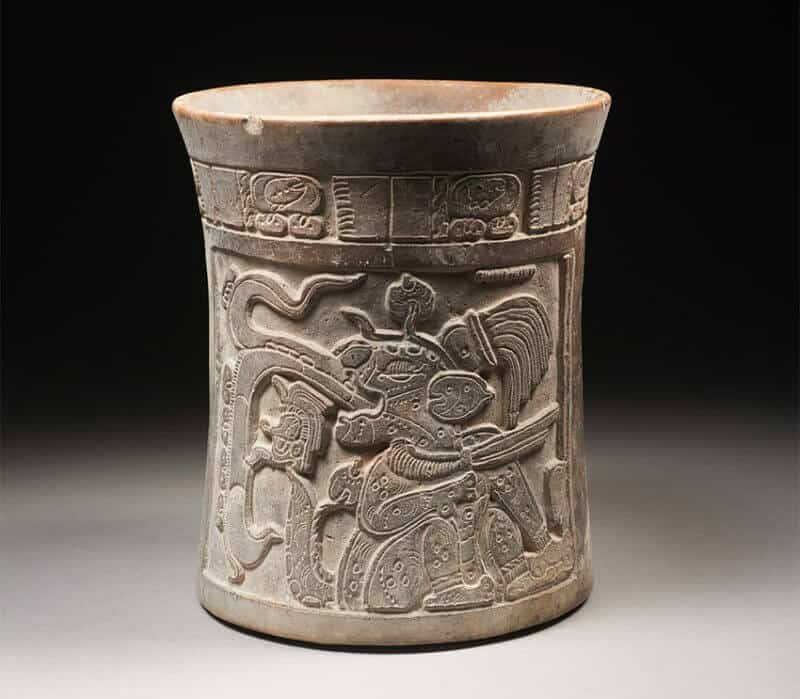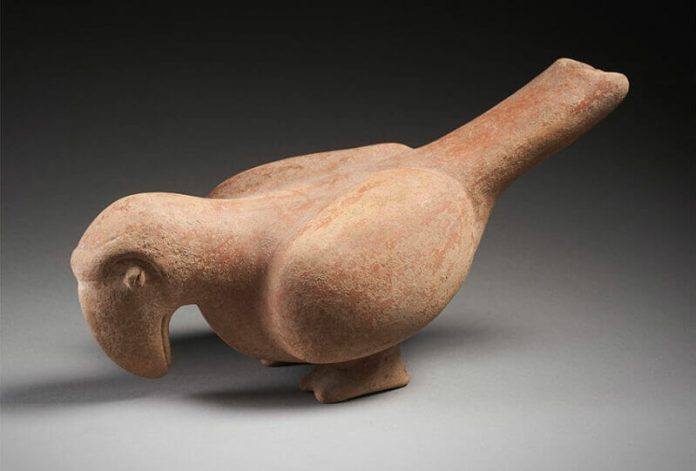Mexico tried but failed to stop the sale of pre-Hispanic artifacts at an auction in Paris, France, on Tuesday.
The Mexican Embassy in France said in a statement last week that it had contacted the French Ministry for Europe and Foreign Affairs to convey its concern about two auctions at which items of “our national heritage” were to be sold.
It said it emphasized that the commercialization of archaeological artifacts encourages transnational crime and creates favorable conditions for looting cultural assets with illicit excavations.
The embassy said it mentioned the letter of intent Mexican and French authorities signed earlier this year to strengthen cooperation against the illegal trafficking of cultural assets and asked that French authorities verify that the operators of auctions and sales are complying with national and international legal obligations.
The embassy also said it wrote letters of protest to the presidents of the auction houses Artcurial and Christie’s Paris to request the cancellation of their auctions.
But Artcurial’s auction went ahead in Paris on Tuesday while Christie’s sale remains scheduled to take place in the French capital next Wednesday.
The vast majority of 232 lots on offer at Artcurial’s “Antiquities, Islam & Pre-Columbian Art” auction, which included more than 40 Mexican pieces, were sold, according to results of the sale published on the company’s website.
Among the Mexican items sold were a Mayan “jaguar” vase for 9,100 euros (US $10,550), a Mixtec ceramic plate for 1,560 euros and a ceramic parrot from Colima for 1,950 euros.
At the upcoming Christie’s auction – “Pre-Columbian Art & Taino Masterworks from the Fiore Arts Collection” – more than 70 Mexican pieces are slated to be put on the block.
Among them are a 1,500-year-old Teotihuacán mask with an estimated value of 20,000 to 40,000 euros and a rare Mayan pendant believed to be worth as much as 100,000 euros.
Culture Minister Alejandro Frausto also wrote to Christie’s Paris to urge it not to go ahead with its auction.

“The Ministry of Culture of the government of Mexico urges Christie’s to stop the auction and reflect on the historic and cultural value of the items,” she wrote.
“… The Mexican government regrets and energetically condemns the sale of such pieces, which constitute inalienable, imprescriptible property of the nation whose extraction from national territory is carried out without authorization and illegally, as it has been prohibited by Mexican laws since 1827.”
The government has also sought the assistance of the United Nations Educational, Scientific and Cultural Organization to stop the sale of Mexican artifacts abroad.
Authorities have had scant success in stopping the sale of Mexican artifacts at international auctions in cities such as Paris and New York, but Italian authorities intervened in September to cancel an auction in Rome at which 17 pre-Hispanic pieces were to go on the block.
Frausto said that the timely action of Mexico’s ambassador in Italy, Carlos García de Alba, and the European nation’s chief of police for the protection of cultural heritage, Roberto Riccardi, were crucial to the suspension of the auction.
Riccardi was subsequently decorated with the Order of the Aztec Eagle, the highest Mexican order that can be awarded to a foreigner.
